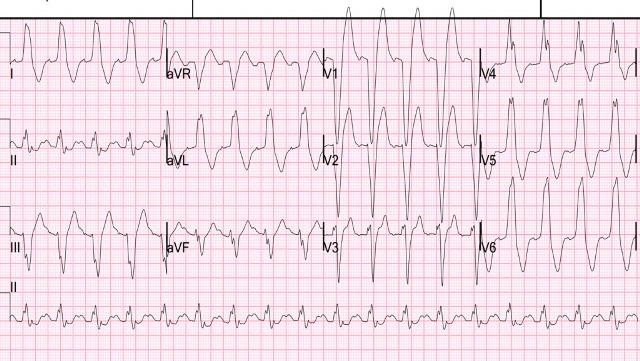Last year, a group of researchers from MIT’s Computer Science and Artificial Intelligence Lab (CSAIL) showed how easy it is to “see” a human heartbeat in ordinary video footage. However, some scientists at CSAIL, MIT have shown that a smartphone‘s camera can measure a human’s pulse and can even detect heart abnormalities.
The Heart Rate Variability or HRV (the moment-to-moment deviations from constancy) can be used to diagnose potential heart issues. The margin of error for their method of figuring out the HRV based on normal video is, or will be, of a few beats per minute.
Thus, smartphone camera, security cameras, demo camera setups and, of course, normal photo and video capture devices could eventually gain the ability to detect heart problems even in people who didn’t even consider the possibility of having such health issues.
The CSAIL researchers have been experiencing trouble with extracting interbeat variability because the noise introduced by those variable beats can confound the real HRV signal. Motion and colorimetric imaging will have to be combined before the error margin drops below 2%. However, the researchers are working to improve their algorithms and suggest that accuracy may be gained by combining motion and colorimetric imaging.
On the other hand, it is being believed that since signal extraction depends on the hardware, the accuracy increases the better the camera becomes. As smartphone cameras have been deemed viable, the sensors of actual cameras, from the pocketable ones to large, professional equipment, will help even more.
Source: Extreme Tech
[ttjad keyword=”android-phone”]




